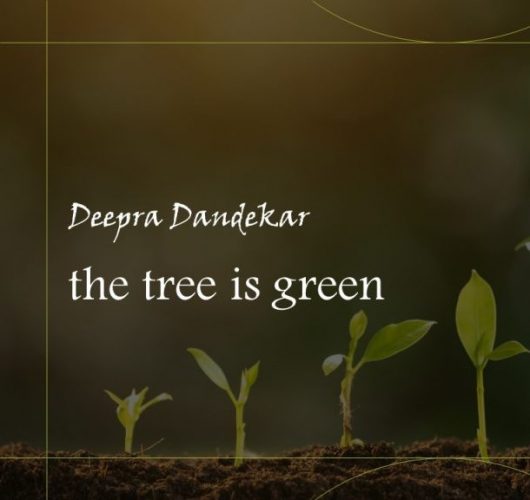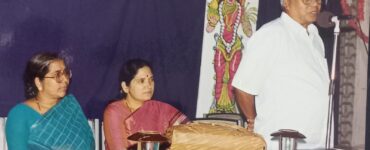This one question has plagued many a traveller in the world due to the inherent pull and push movements of the journeying process. Indeed, what is belonging? A person ‘feels’ nostalgic, and belonging to home, only after travelling away from what he considers his home, this feeling of nostalgic belonging becoming all the more painful when he is forcefully displaced – an exile abroad that is produced by war back home.
I recently had the opportunity to discuss a wonderful book on South Asian migration, excellently edited by friends and colleagues. And this poignant question re-emerged periodically throughout our discussion. What were the social and material roots of belonging? Did places that migrants left behind continue to retain a part of us – an emotional counterpart of our preserved carbon footprint? And more importantly, what role did nostalgic memory play in the present?
Most of us in the discussion believed that memories and nostalgia about belonging contained an emotional charge that fundamentally reshaped and recreated our present, imbuing present actions with tacit justification, and a tacit form of reasonable logic, predicated on our shared cultural past. This cultural past abroad was perceived as a static point that recreated ourself according to group definition. Belonging was, hence, like an archaeology of the self, that became solidified into one narrative and also shared with others who had chosen the same narrative.
We carried around our individual and collective belonging, like luggage, that could place us as part of a culturally recognizable group. It produced us as predictable citizens, based on our known chosen cultural predispositions that were produced in the present according to the group we belonged to. Hence, many of us abroad found ourselves celebrating and identifying with things, that would not have generated much interest in terms of identity-building back home. The building of identity based on belonging was thus an agential way of building relationships abroad, and renewing relationships with a reified and imagined concept of the home.
Nostalgia and feelings about belonging also resolved conflicts. While many migrants before migrating away may have felt ambivalent about their belonging, pointing to problems inherent in their family backgrounds, or other biographical attributes; this changed after they migrated. They may have even wanted to migrate away earlier, and even change their identity that caused them so much trouble. Migrating abroad glorified the home, and ameliorated earlier problems that then, produced renewed belonging to this glorified home as seamlessly unproblematic.
Most importantly, nostalgia and feelings about belonging created a sense of ‘self’ for migrants. And this self was an empowered and aspirational self, that felt agential in being connected simultaneously to both their homes – located in the home country, and homes located abroad, as they intermixed with home and foreign communities at both places. Feelings of belonging and nostalgia, hence, produced individual and community power for migrant citizens on both ends of their worlds.
While this analysis may feel a bit unemotional, especially when describing contexts defined by war, intercommunity riots, and forceful displacement, we discussed how migrants do gradually retrieve an agency and status that defines their selfhood in ways that is agential. This retrieval and memorialization of the past is strongly evidenced when analysing oral narratives of Partition refugees recorded many years later.
In their stories about childhoods that were once upon a time spent elsewhere, many erstwhile refugees provide detailed descriptions of homes, neighbourhoods, localities, cities, schools, classmates, friends, relatives, servants, pet animals, gardens, plants, toys, games, and the family’s possessions that flesh out their current identities abroad, whether in India, Pakistan, or then in the US and UK, where many migrated away as dependents along with their children. While nearly all property was lost, and families broken, and many relationships truncated by the Partition, the memories of times before the Partition are still strong enough to subvert and resist the losses incurred by the Partition.
Speaking of that childhood, the past, their belonging and memory that is full of nostalgia, always brought back colour to their cheeks, and a sparkle to their eye. Their full-throated, joyous laughter allowed listeners a brief glimpse into how these persons, erstwhile refugees looked as young girls and boys. However difficult that point in their interview that described displacement, they possessed enough agency to easily revert to happier memories of a past and a home and nostalgic belonging from the time before Partition, recreating it and reliving it in that moment of recounting. The happiness of memories continued to remain present, enlivening the present with a power strong enough to transcend the sadness of the past.
Memorializing and feelings about belonging, therefore, not just recreated the ‘self’ in and across time, continuing in the present; but they also re-generated the power to transcend experiences of displacement and migration itself, to create a stronger identity of self, community, culture, history, and home that was strongly situated in the present.
*









Add comment